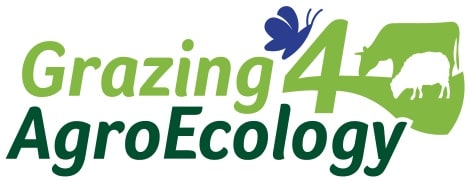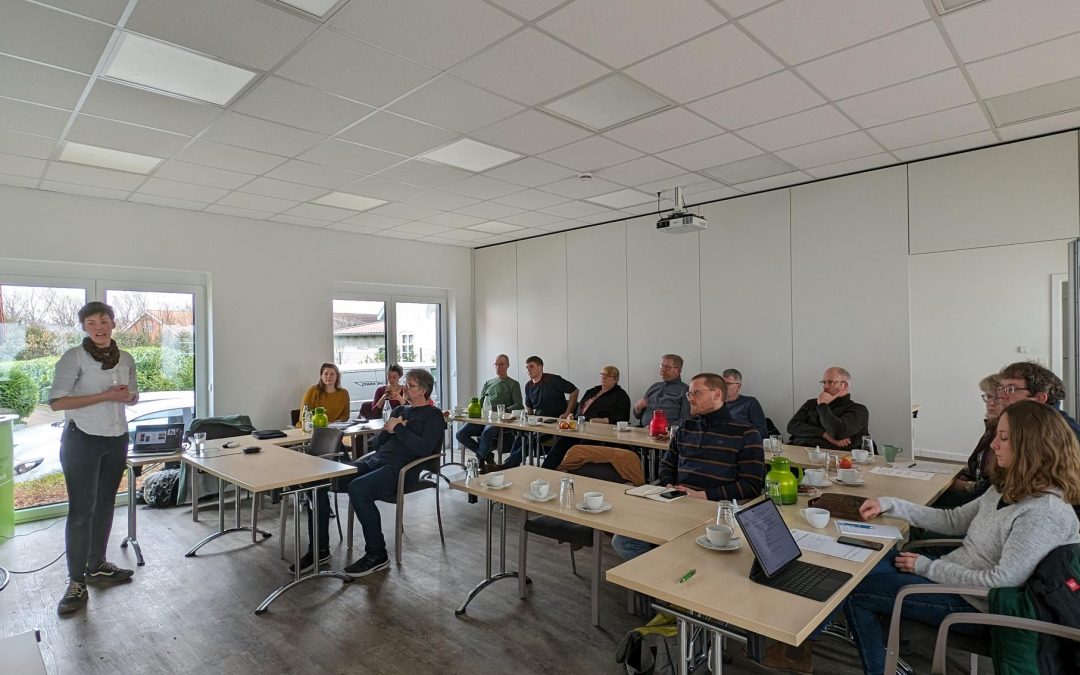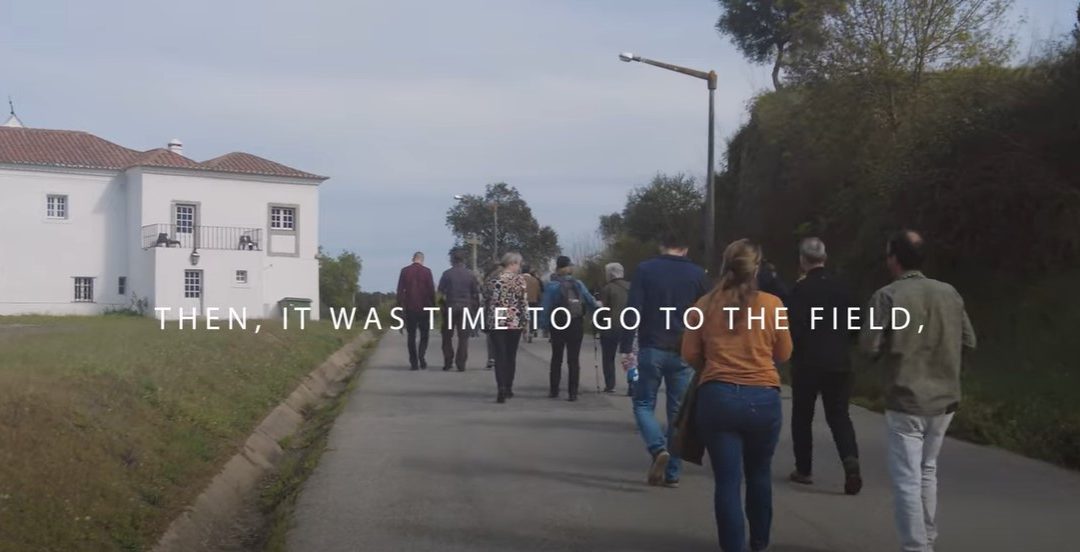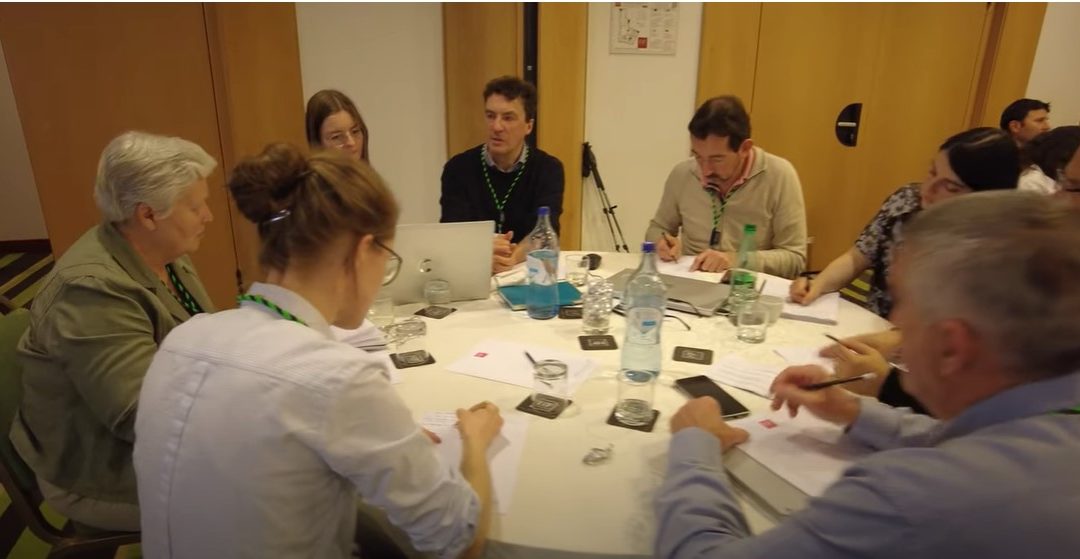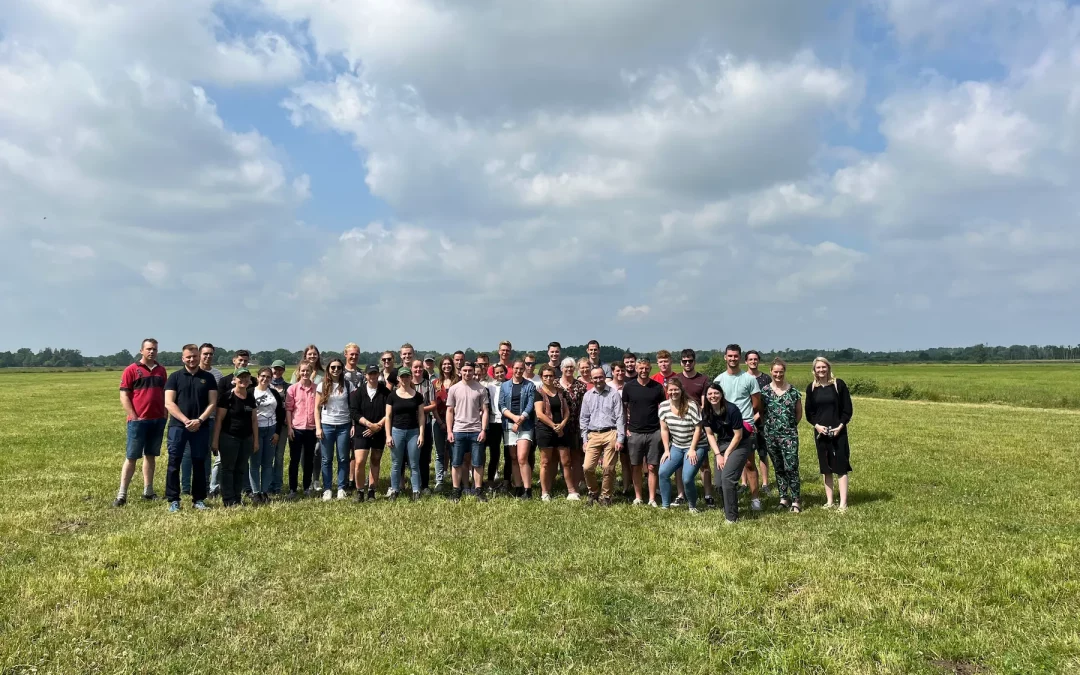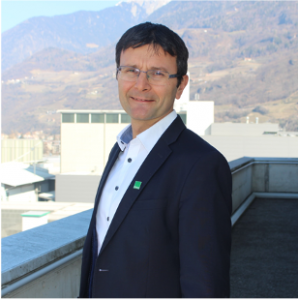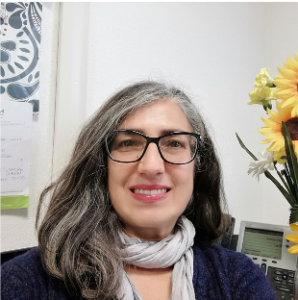Partners

Centro di Sperimentazione Laimburg
Giovanni.Peratoner@laimburg.it
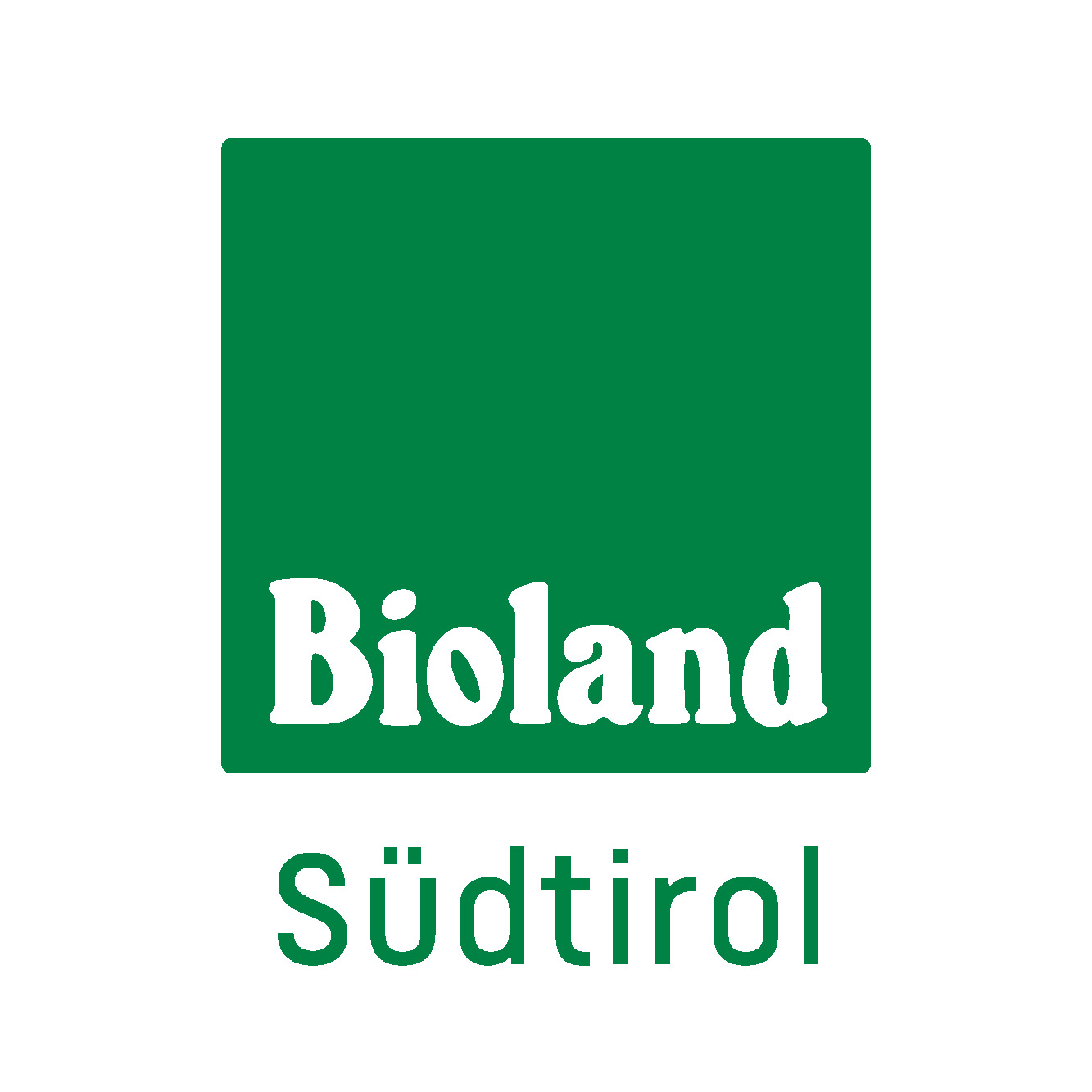
Genossenchaft Bioland Sudtirol
G4AE@bioland-suedtirol.it
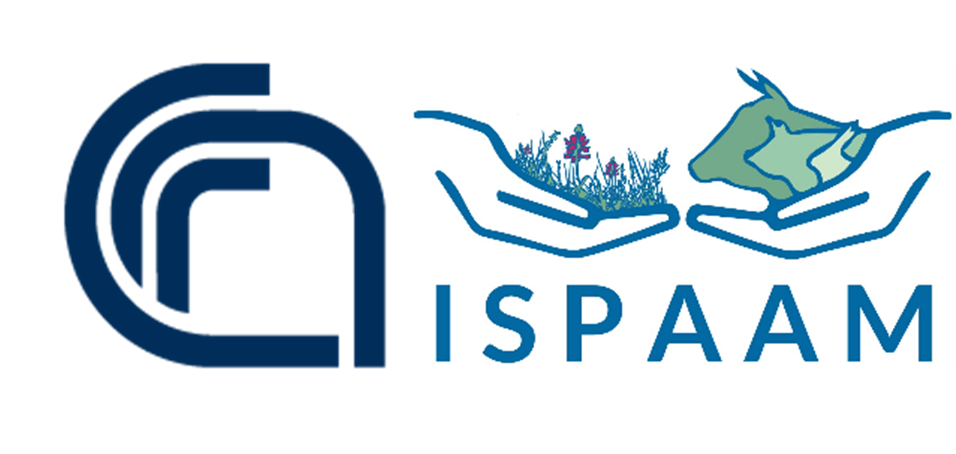
Consiglio Nazionale delle Ricerche
ritaannamaria.melis@cnr.it
Italy
WETTBEWERB IM RAHMEN DES PROJEKTES GRAZING4AGROECOLOGY – SÜDTIROL
BEWIRTSCHAFTEN SIE EINEN WEIDEBETRIEB?
WENN JA, DANN NEHMEN SIE AN UNSEREM WETTBEWERB TEIL !
Der Wettbewerb richtet sich an Landwirt*innen, die Weidehaltung in Südtirol betreiben. Genauer gesagt richten wir uns an Landwirt*innen, die einen oder mehrere der folgenden Prinzipien der Agroökologie im eigenen Betrieb auf Grund der Weidehaltung bestmöglich erfüllen:
- Verbesserung des Tierwohls und der Tiergesundheit;
- Verringerung der erforderlichen Betriebsmittel;
- Verringerung der Umweltverschmutzung;
- Förderung der biologischen Vielfalt;
- Förderung der Biodiversität.
Der Wettbewerb wird in Zusammenarbeit mit folgenden Partnern organisiert:
- Versuchszentrum Laimburg
- Bioland Südtirol
- Landwirtschaftliche Hauptgenossenschaft Südtirol
TEILNHAMEBEDINGUNGEN FÜR DEN WETTBEWERB:
- Die Antragsteller müssen seit Anfang 2023 Viehhalter*innen sein und Weidewirtschaft betreiben;
- Sie müssen einen möglichst hohen Anteil des Grünlands als Weidefläche nutzen.
- Die Landwirt*innen werden gebeten, ein kurzes Forms Formular auszufüllen, in dem sie die wichtigsten Informationen des Betriebes hervorheben und die Vorteile angeben, die sie durch die Weidewirtschaft erzielen.
- Die Teilnehmer des Wettbewerbes erklären sich damit einverstanden, dass die erhaltenen Informationen für folgende Zwecke verwendet werden:
-
- Lehrvideos
- Werbematerial für die Veranstaltung
- Präsentationen
- Videos
- Soziale Medien und Projektwebsite
- Im Falle eines Gewinns müssen die ausgezeichneten Landwirt*innen eine angemessene Medienberichterstattung zulassen, an der Preisverleihung teilnehmen und sich an den entsprechenden Werbeaktivitäten beteiligen.
-
AUSWAHL DER GEWINNER:
- Eine vorläufige Reihung erfolgt auf Grundlage der im Formular enthaltenen Informationen.
- Die endgültige Bewertung erfolgt durch eine Betriebsbesichtigung der Jury, bestehend aus Beratung, Forschung und Praxis.
PREISE:
- 1. Platz: Reise nach Irland zum Grazing4Agroecology-Projekttreffen im März 2025 (Flug und Unterkunft). Die Reise umfasst Besichtigungen von landwirtschaftlichen Betrieben/Demonstrationsaktivitäten sowie die Möglichkeit, sich mit den Gewinner-Landwirt*innen aus den anderen Mitgliedsstaaten auszutauschen. Die Preisverleihung umfasst eine Urkunde (bereitgestellt von Teagasc – dem führenden Beratungsunternehmen Irlands) sowie die Möglichkeit, den eigenen Betrieb im Projekt Netzwerk zu bewerben.
- 2. Preis: Gutschein im Wert von 200€ einzulösen bei einem Gartenmarkt der Landwirtschaftlichen Hauptgenossenschaft Südtirol sowie drei Flaschen Wein des Versuchszentrums Laimburg.
- 3. Preis: Gutschein im Wert von 200€ einzulösen bei einem Gartenmarkt der Landwirtschaftlichen Hauptgenossenschaft Südtirol.
ZEITRAUM:
- April – September 2024: Anmeldung zum Wettbewerb
- Oktober 2024: Beratung der Jury und Bekanntgabe der Gewinner*innen für den/die beste Südtiroler Grazing4Agroecology-Landwirt*in.
ANMELDEFORMULAR: Wettbewerb_Grazing4Agroecology_Südtirol
Carbon Footprint of Milk and the Influence of Grazing
Calculating the Carbon Footprint of Milk and the Influence of Grazing – An In-depth Look with Dr. Friederike Fenger (Thünen Institute, Organic...
Video: Field Day 2nd General Assembly Meeting
On March 24th it was the last day of the General Assembly Meeting of G4AE in Lisbon, Portugal. On this day, the G4AE consortium travelled to Évora...
Video: 2nd General Assembly Meeting
On March 22nd and 23rd, the 2nd General Assembly Meeting of the G4AE took place in Lisbon, Portugal. On the 1st day there was a filming and editing...
International network event in G4AE: 45 young farmers visiting Northern Germany
Within the EU funded project “Grazing4AgroEcology” (G4AE), the Centre for Grassland (GLZ) and the Georg-August University of Goettingen (UGOE)...
News and events
Event: 1st Meeting with Italian Partner Farms - South Tyrol
17th of February 2023
Online
Event: 1st Meeting with Italian Partner Farms - Sardinia
24th of February 2023
Online
Event: Young Farmers Meeting
15th of May 2023
Dietenheim (South Tyrol)
Temporary and permanent grasslands cover 12 % of the total national area (6.1 mln ha). Pastures account for 2.8 million hectares and are mainly located in topographically and climatically unfavourable areas of the peninsula, including the main mountain chains (Alps, Apennines) and the main islands, but also hilly lands and rainfed plains. The great variability of climate, ranging from Mediterranean to Alpine, as well as of morphology, physical constraints and microclimatic conditions favoured the development over the centuries of a complex of grazing systems with high landscape and biodiversity richness, linked in turn to food and cultural traditions.
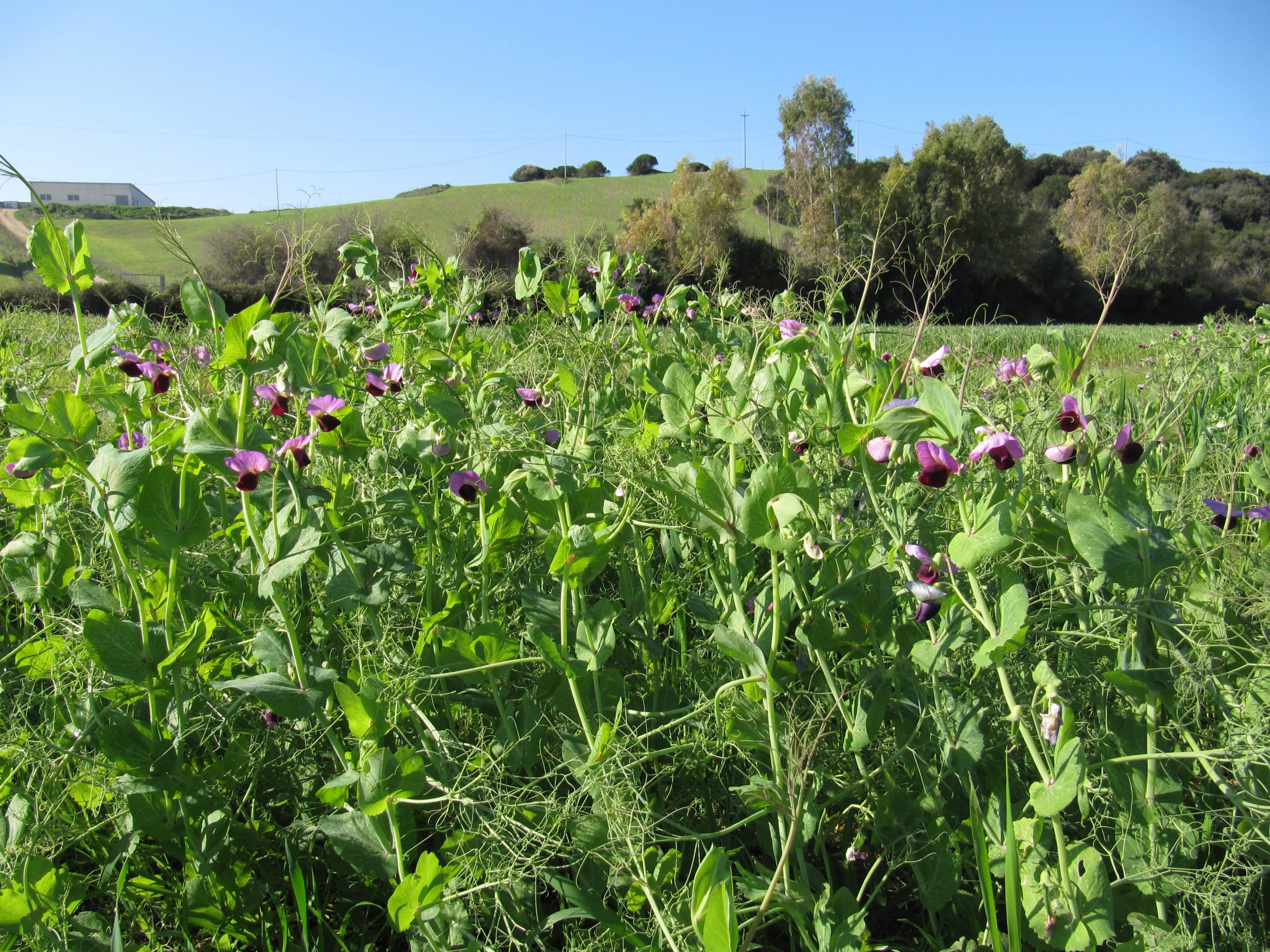
Italian
Grazing4AgroEcology – Una rete europea per la promozione del pascolamento ed il sostegno alle aziende agricole basate sul pascolo nelle loro performance economiche ed ecologiche, nonché per il benessere degli animali.
Grazing4AgroEcology (G4AE) è un progetto finanziato dall’UE che mira a ripristinare la fiducia degli agricoltori e del settore agricolo circa le prestazioni produttive e la competitività economica del pascolamento in azienda, promuovendo l’adozione di innovazioni agro-ecologiche per una gestione sostenibile del pascolo. G4AE supporta direttamente alcuni degli obiettivi del Green Deal dell’UE: il ripristino della biodiversità, la riduzione delle perdite di nutrienti e la riduzione delle emissioni di gas serra.
L’uso sostenibile del pascolamento può migliorare il reddito degli allevatori, il benessere animale, favorire la produzione di alimenti di alta qualità e generare servizi ecosistemici riconosciuti ed apprezzati dalla società. Tuttavia, per una serie di ragioni, il ricorso al pascolo sta diminuendo in Europa in maniera generalizzata, il che rappresenta una minaccia per l’erogazione di molti servizi ecosistemici.
Il progetto ha l’obiettivo di creare una rete multi-attore che coinvolge gli agricoltori e la comunità agricola, la scienza, i rappresentanti di filiera, i gruppi operativi (OG), le organizzazioni non governative (ONG), i consulenti, i consumatori ed i cittadini.
L’acquisizione e l’implementazione delle migliori pratiche e innovazioni per promuovere il pascolamento su larga scala attraverso i principi dell’agroecologia avverranno grazie alla collaborazione di 120 aziende partner di progetto a livello europeo, cioè 15 aziende per paese membro coinvolto in G4AE.
G4AE innoverà il settore del pascolo rafforzando la capacità degli agricoltori di valutare in modo più obiettivo le proprie prestazioni agroecologiche attraverso l’uso di uno strumento integrato di autovalutazione.
Facilitator Agents
3 agents that will moderate farm demonstrations of best practices and meetings within the grazing AKIS and encourage all actors to exchange and share knowledge in Italy
Reinhard Verdorfer
Lisa Fracchetti
Rita Melis
Partner Farms
Andreas Stockner
Roughage-based & labour-efficient dairy production by grazing-oriented cattle breed and farming system
More info here: Video / Practice abstract
Organic family farm of 12 ha in Brixen, South Tyrol
x
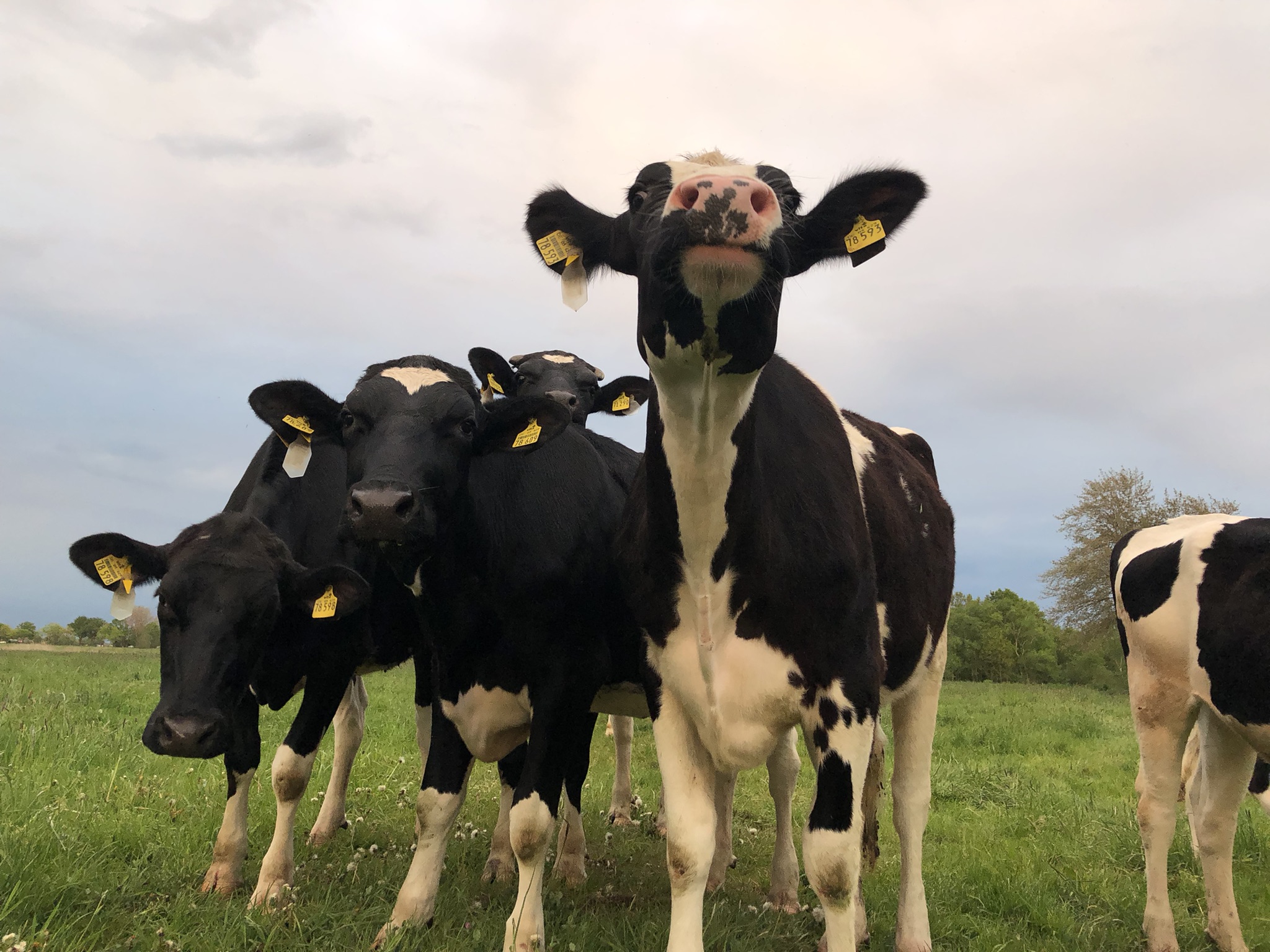
Gavino Arca
Use of complementary pasture types combined with milking once per day
More info here: Video / Practice abstract
Conventional family farm with 45 ha, 250 milk sheep in Sassari, Sardinia

Farmer
Innovation
More info here: Video / Practice abstract
Farm information & location

Farmer
Innovation
More info here: Video / Practice abstract
Farm information & location

Farmer
Innovation
More info here: Video / Practice abstract
Farm information & location

Farmer
Innovation
More info here: Video / Practice abstract
Farm information & location

Farmer
Innovation
More info here: Video / Practice abstract
Farm information & location

Farmer
Innovation
More info here: Video / Practice abstract
Farm information & location

Farmer
Innovation
More info here: Video / Practice abstract
Farm information & location

Farmer
Innovation
More info here: Video / Practice abstract
Farm information & location

Farmer
Innovation
More info here: Video / Practice abstract
Farm information & location

Farmer
Innovation
More info here: Video / Practice abstract
Farm information & location

Farmer
Innovation
More info here: Video / Practice abstract
Farm information & location

Farmer
Innovation
More info here: Video / Practice abstract
Farm information & location

Farmer
Innovation
More info here: Video / Practice abstract
Farm information & location

